Jurors in Oracle-Google copyright case told to tighten social media privacy settings
Judge tells potential jurors to change their privacy settings, as he "can't control the press"
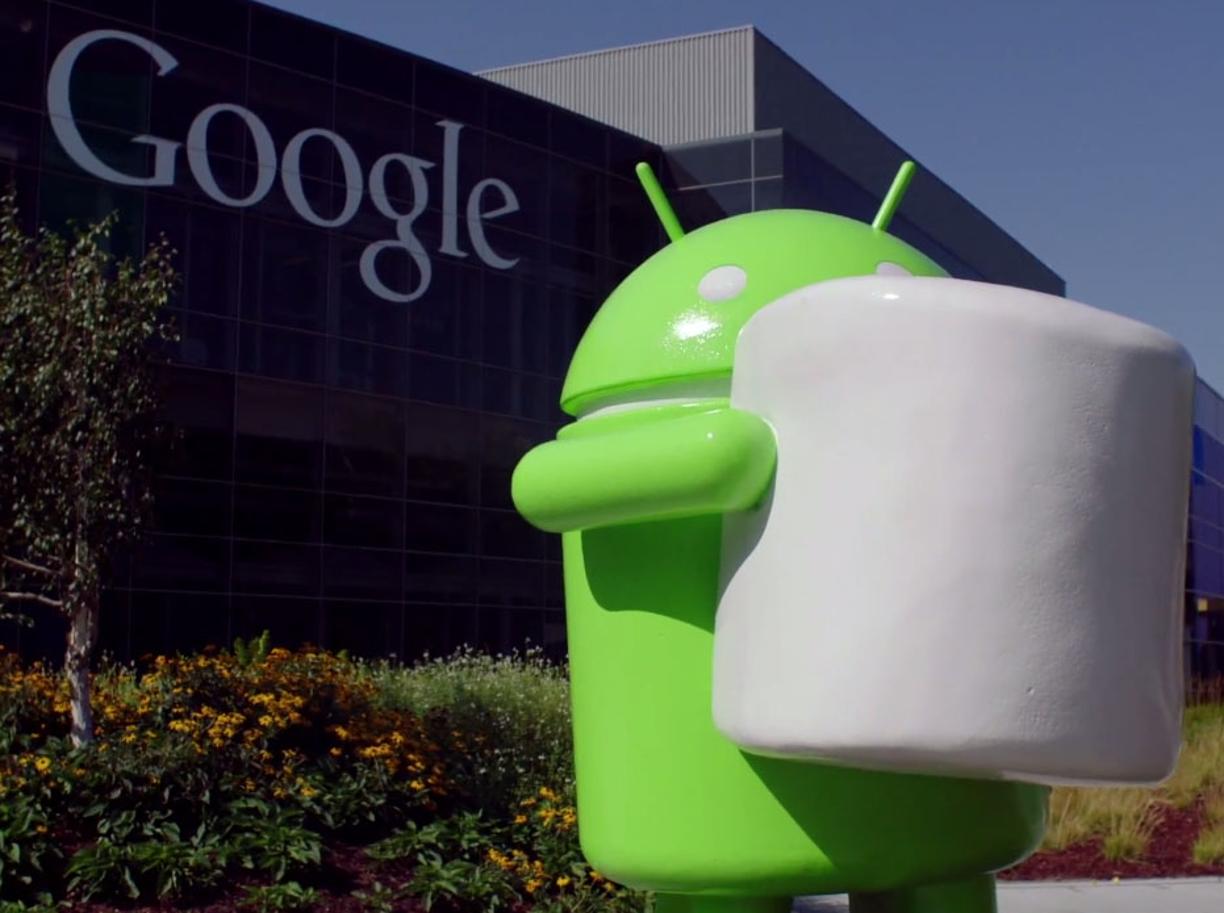
Jurors in the copyright case between Oracle and Google have been advised to gate off their social media accounts, after warnings that they may be sought out by journalists.
Judge Alsup told the jury pool to change their privacy settings on social platforms like Facebook and Twitter to stop them being pursued by tech and business reporters, warning them that he "can't control the press".
It's not just journalists that the jurors need to worry about, however. During pre-trial hearings, lawyers from the two companies admitted that they were planning to comb the internet for information on the potential jurors.
Google's counsel have agreed not to use the company's technological might to dig up data on the candidates, but Judge Alsup has nevertheless requested that the company's legal teams disclose any and all online searches regarding jury members.
According to the American Bar Association, which governs the conduct of US lawyers, the investigation of online accounts by legal personnel is permitted, but requesting access to private accounts is not.
The two legal teams are currently attempting to whittle the jury pool down to a panel of ten. This jury will then decide the outcome of the case, which began on Monday.
The dispute centres around Google's use of the Java APIs in its Android operating system. Oracle claims they are covered by copyright, and as such, Google owes it a percentage of all profits derived from Android.
Get the ITPro daily newsletter
Sign up today and you will receive a free copy of our Future Focus 2025 report - the leading guidance on AI, cybersecurity and other IT challenges as per 700+ senior executives
The case previously went to trial back in 2012, but a deadlocked jury and repeated failures in mediation has led to a re-trial. If successful, Oracle could be awarded a 6 billion payout from the search giant.
06/05/2016: Google and Oracle's lawyers prepare for Monday's Android, Java retrial
The retrial of a 6 billion copyright case between Google and Oracle is set to begin on Monday.
The case hinges on Google's inclusion of Java in its Android OS, with Oracle claiming it was unlawfully used, and that the search giant now owes it a share of the profits derived from Android - some $8.8 billion.
Despite Java's open source nature, Oracle has laid claim to the language's APIs, which Google used in the development of Android. Google, however, claims that its usage of Java is covered under fair use.
Previous attempts to resolve the dispute have failed, after an initial trial in 2012 resulted in jury deadlock, and last month's mediation attempts between the two companies' CEOs were unsuccessful.
The case has been somewhat legally contentious, too. The first trial led to US district judge William Alsup ruling that things like Java APIs could not be copyrighted, before this was overturned by a federal appeals court judge.
While the potential 6 billion payout would appear to be bad news for Google, analysts have brushed it off as a comparative drop in the bucket for the company, which turned over $75 billion in revenue last year alone. FBB Capital Partners director Mike Bailey said it would have little impact on shareholders.
Oracle aims to limit the use of Java in subsequent Android releases via an injunction, but this may be unnecessary, as Google is reportedly planning to ditch the technology altogether for the forthcoming Android N.
19/04/2016:Google and Oracle CEOs fail to come to Java agreement
Google and Oracle are heading to court after their respective CEOs failed to come to any kind of agreement over the claim Google is using Java in Android illegally.
Despite Google boss Sundar Pichai and Oracle CEO Safra Catz meeting to discuss the $9 billion IP argument, they were unable to agree whether Google was using the technology legally and whether it should pay a share of its profits.
Oracle claims Google is using Java unlawfully in its Android mobile operating system, yet the debate only popped up after Oracle bought Sun Microsystems in 2009 - one year after the initial launch of Google's mobile operating system.
The problem is that although Java is open source, Oracle claims it holds copyright of the APIs used in the programming language. Because Google used these in Android, rather than just the source code, Oracle believes it's entitled to $9 billion of Google's cash - of which $875 million is damages and the rest is a share of the company's profits.
A judge has previously ruled in favour of Oracle, yet Google is still refusing to pay up.
The judge wrote after the eight-hour pre-trial: "After an earlier run at settling this case failed, the court observed that some cases just need to be tried. This case apparently needs to be tried twice.
"However unsuccessful, the court appreciates the parties' settlement efforts earlier today, especially those of Ms Catz and Mr Pichai."
Google has reduced its use of Java in Android over the years and it's rumoured that Android N will be the first version of the operating system not to include any aspects of the code at all.

Clare is the founder of Blue Cactus Digital, a digital marketing company that helps ethical and sustainability-focused businesses grow their customer base.
Prior to becoming a marketer, Clare was a journalist, working at a range of mobile device-focused outlets including Know Your Mobile before moving into freelance life.
As a freelance writer, she drew on her expertise in mobility to write features and guides for ITPro, as well as regularly writing news stories on a wide range of topics.
-
 Should AI PCs be part of your next hardware refresh?
Should AI PCs be part of your next hardware refresh?AI PCs are fast becoming a business staple and a surefire way to future-proof your business
By Bobby Hellard Published
-
 Westcon-Comstor and Vectra AI launch brace of new channel initiatives
Westcon-Comstor and Vectra AI launch brace of new channel initiativesNews Westcon-Comstor and Vectra AI have announced the launch of two new channel growth initiatives focused on the managed security service provider (MSSP) space and AWS Marketplace.
By Daniel Todd Published
-
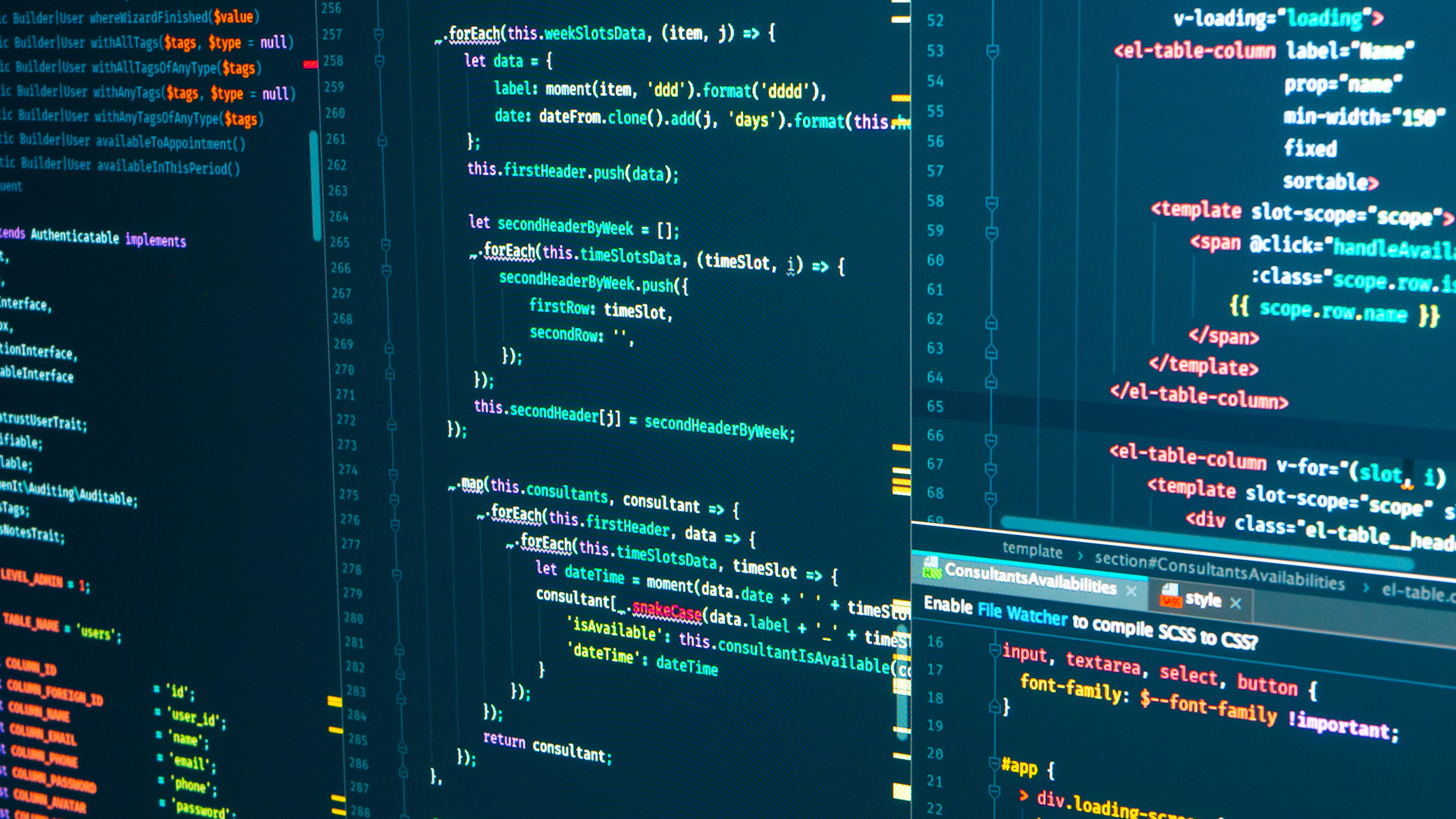 Organizations shift away from Oracle Java as pricing changes bite
Organizations shift away from Oracle Java as pricing changes biteNews A survey from Azul Systems finds that, along with cost, customers cite a preference for open source and the threat of a Java usage audit
By Emma Woollacott Published
-
 Why Java 17 growth is ‘exploding’
Why Java 17 growth is ‘exploding’News Java 17 is now the most popular LTS version, according to application data from New Relic, but what's driving this growth?
By Steve Ranger Published
-
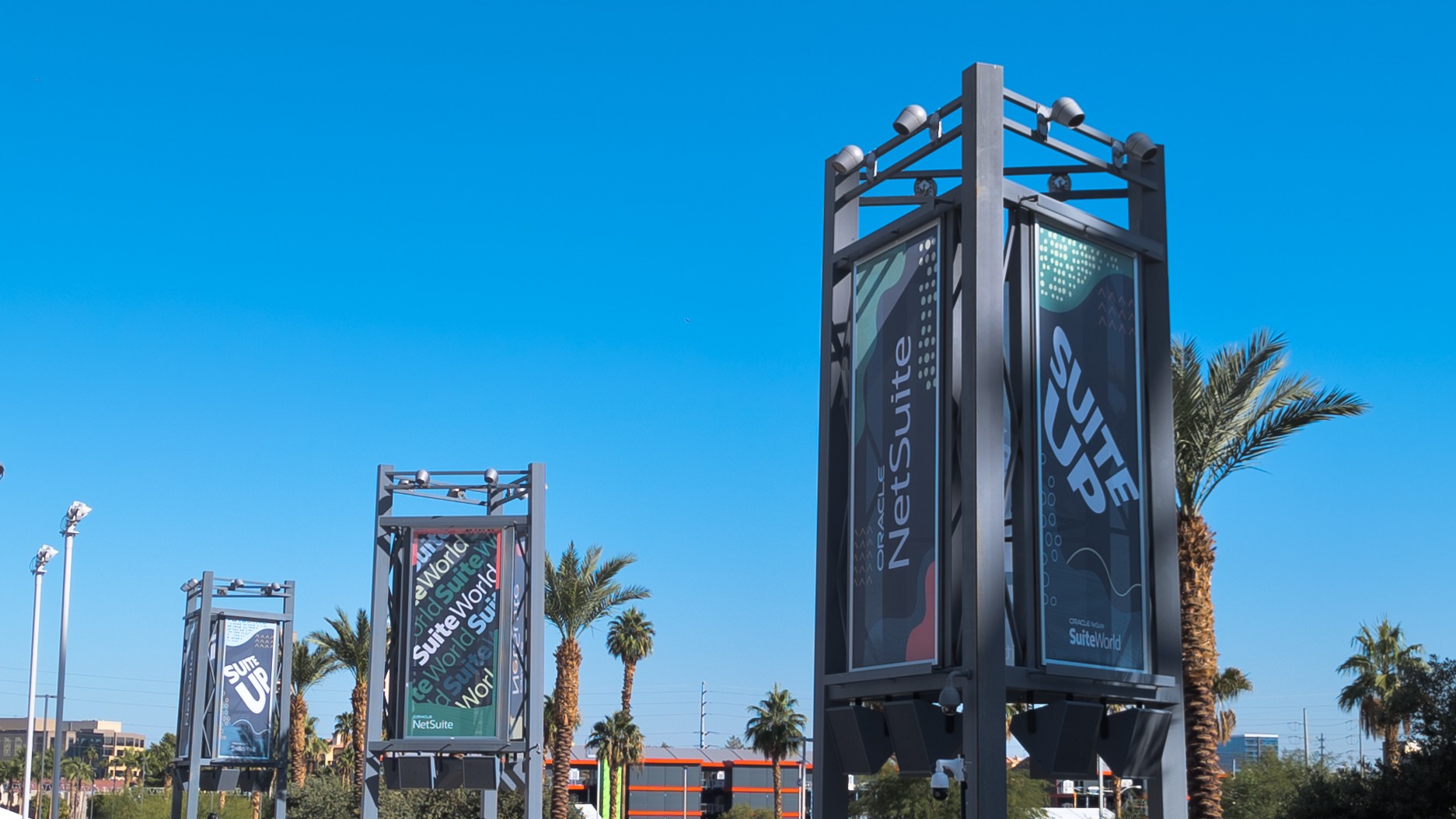 SuiteWorld 2023: NetSuite's day-two announcements
SuiteWorld 2023: NetSuite's day-two announcementsLive Blog Keep up-to-date with all the day-two announcements from NetSuite SuiteWorld 2023
By Rory Bathgate Last updated
-
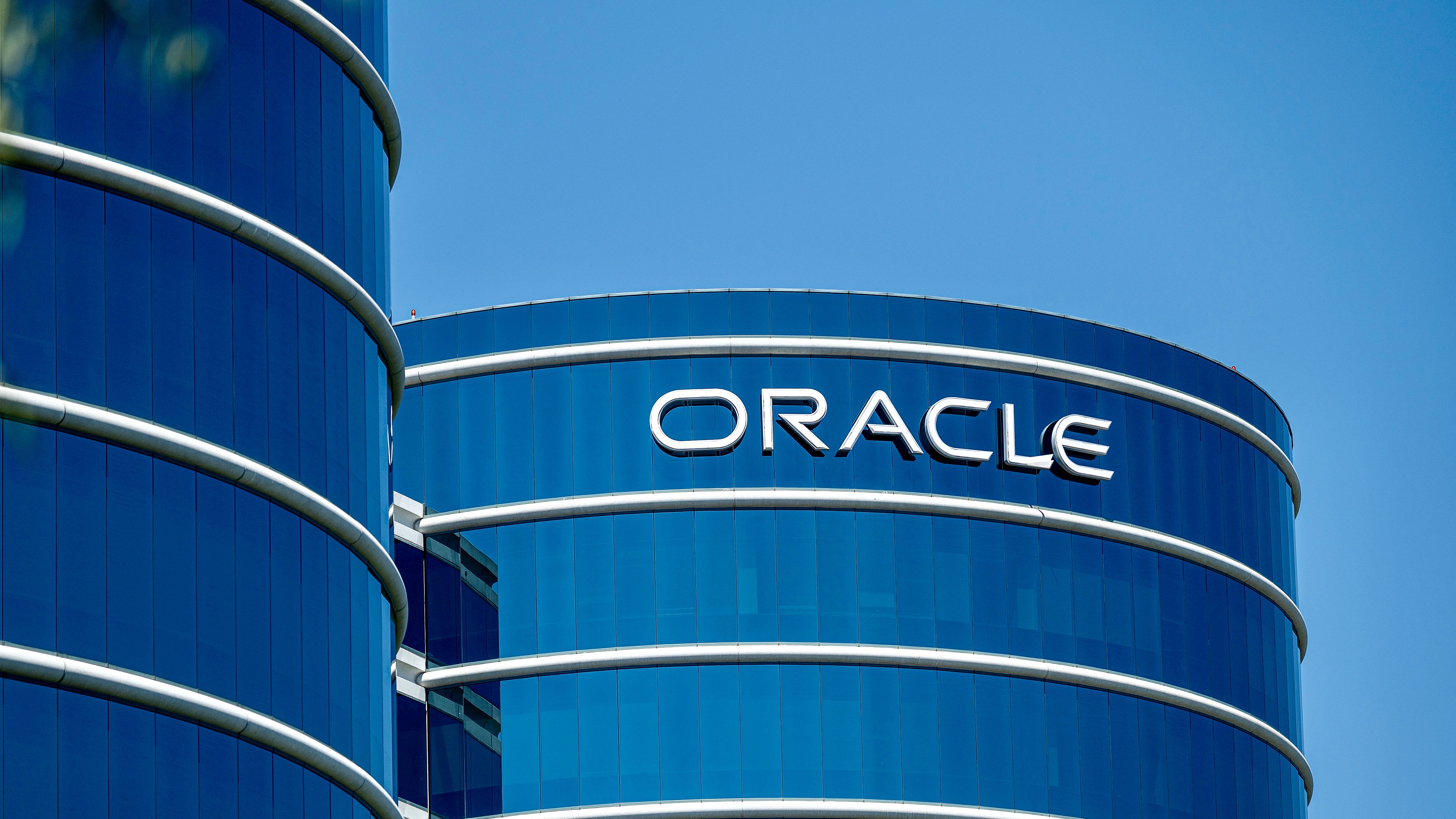 Can Oracle really be Linux's knight in shining armor?
Can Oracle really be Linux's knight in shining armor?Opinion The self-proclaimed champion of open source freedom would like you to forget about its history
By Richard Speed Published
-
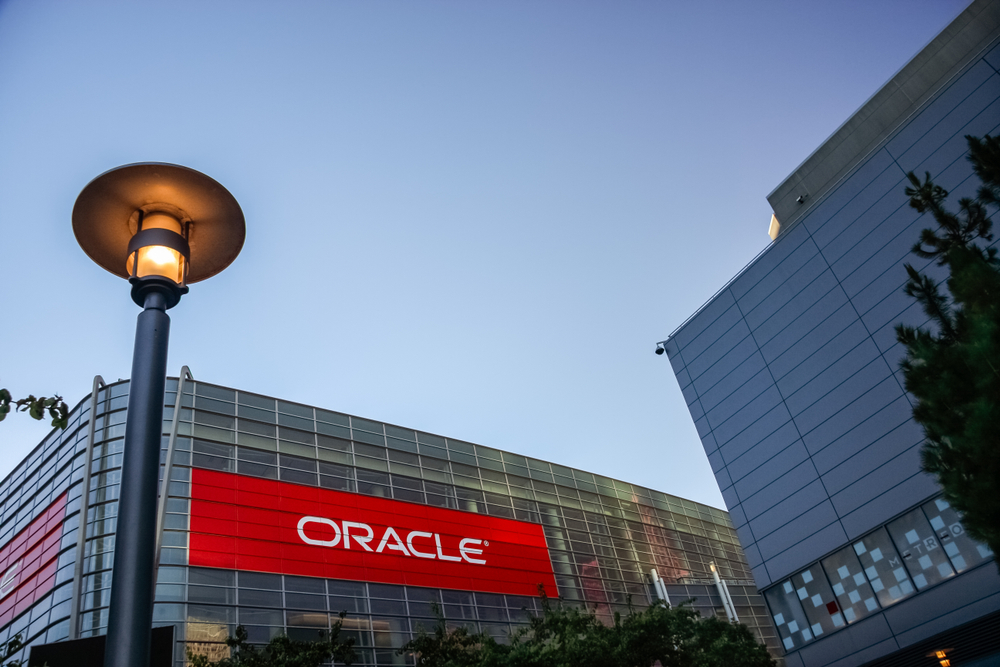 Oracle’s Java subscription changes spark concerns over cost hikes for smaller businesses
Oracle’s Java subscription changes spark concerns over cost hikes for smaller businessesNews Smaller businesses could incur significant cost hikes as high as 1,400% with most new customers expected to pay at least double
By Ross Kelly Published
-
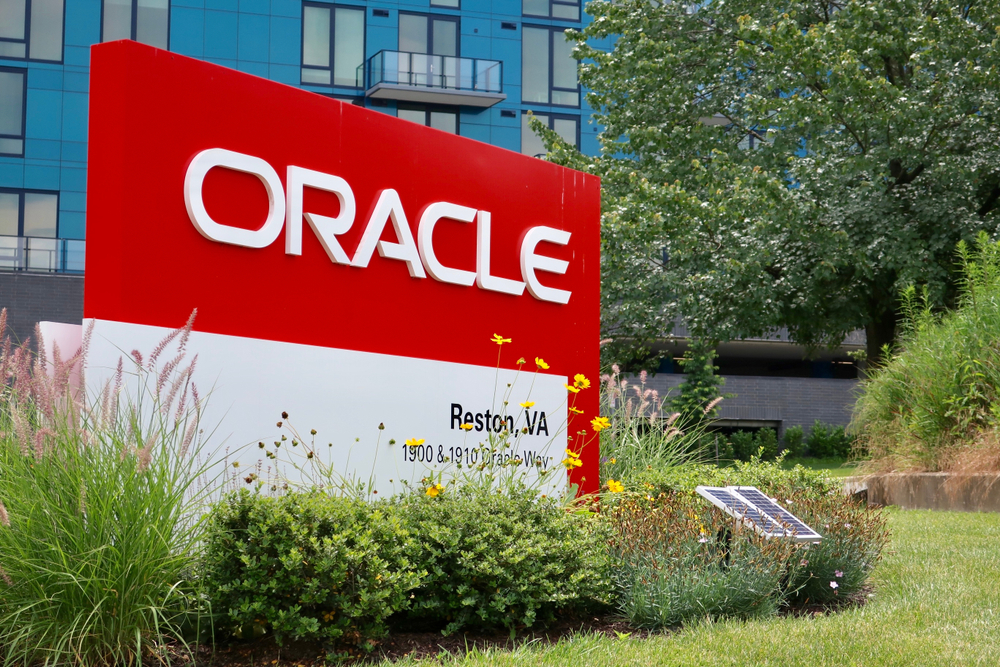 Oracle to launch 14 new cloud regions over the next year
Oracle to launch 14 new cloud regions over the next yearNews The company wants to support the demand for its customers as it looks to open at least two regions in each country it operates
By Zach Marzouk Published
-
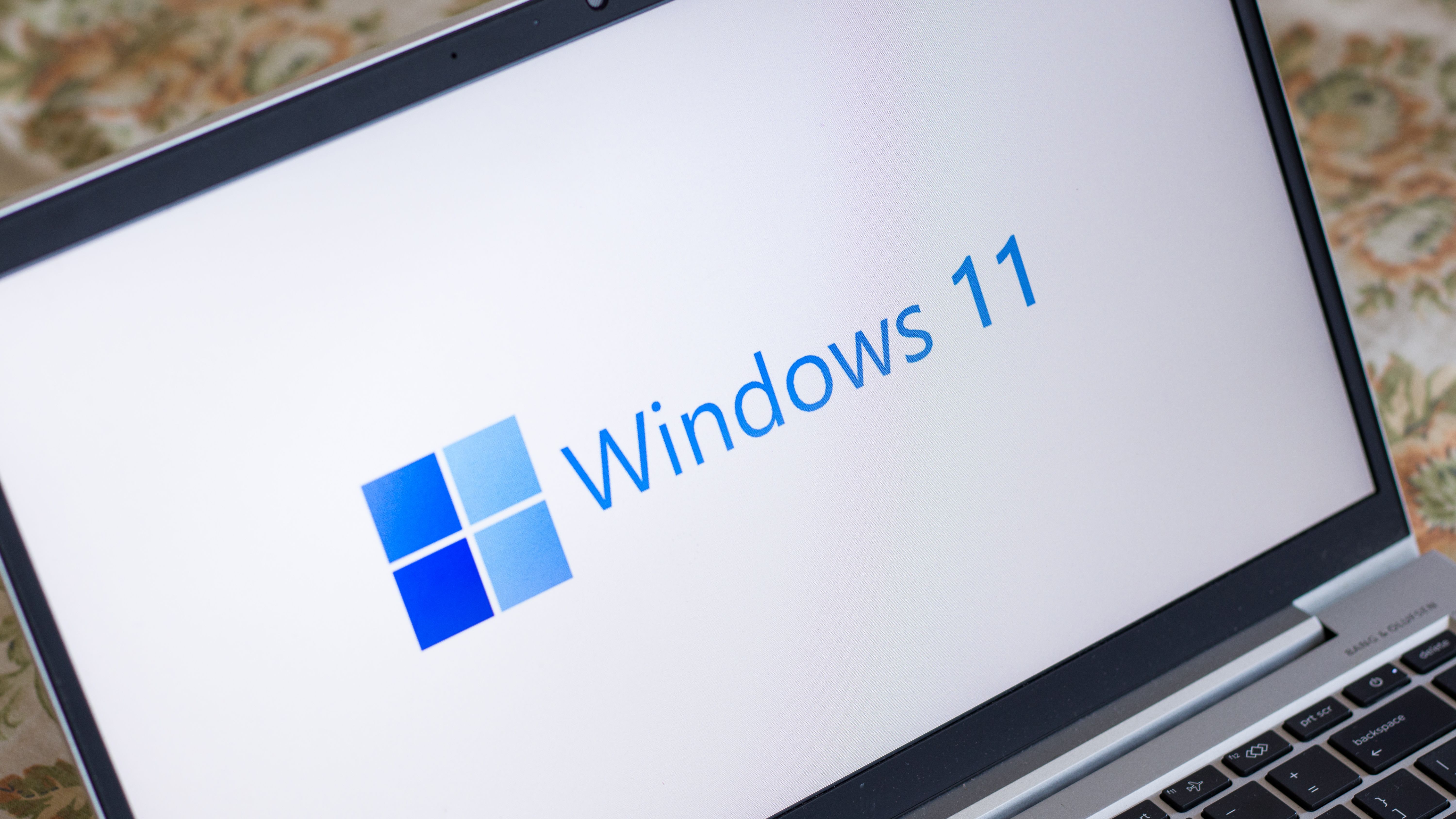 Windows 11 has problems with Oracle VirtualBox
Windows 11 has problems with Oracle VirtualBoxNews Microsoft confirms compatibility issues as new operating system makes its debut
By Rene Millman Published
-
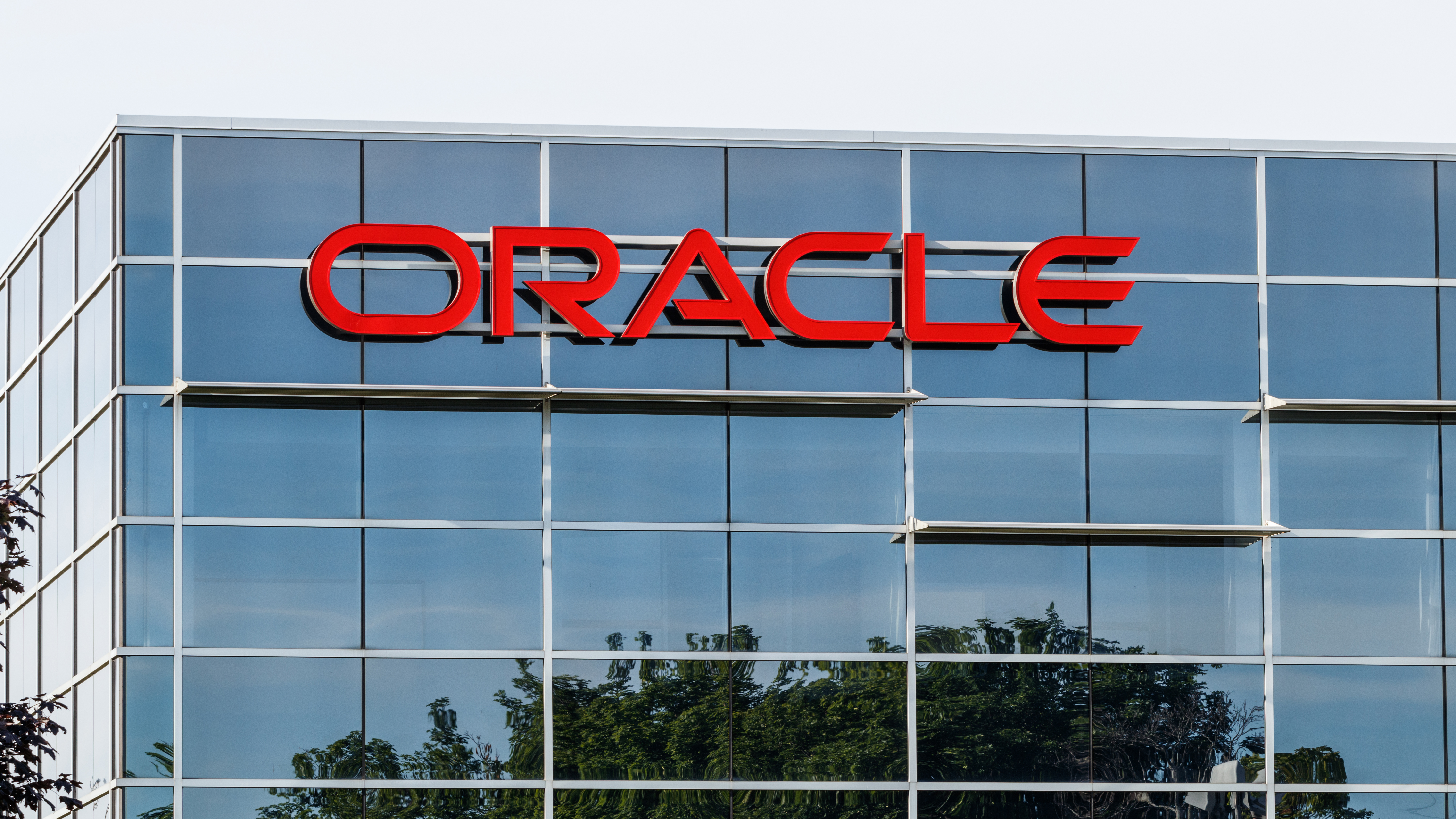 Oracle plans $1.2 billion campus in Nashville, Tennessee
Oracle plans $1.2 billion campus in Nashville, TennesseeNews The company is building ‘new digital hubs’ to meet demand for its cloud products
By Mike Brassfield Published
